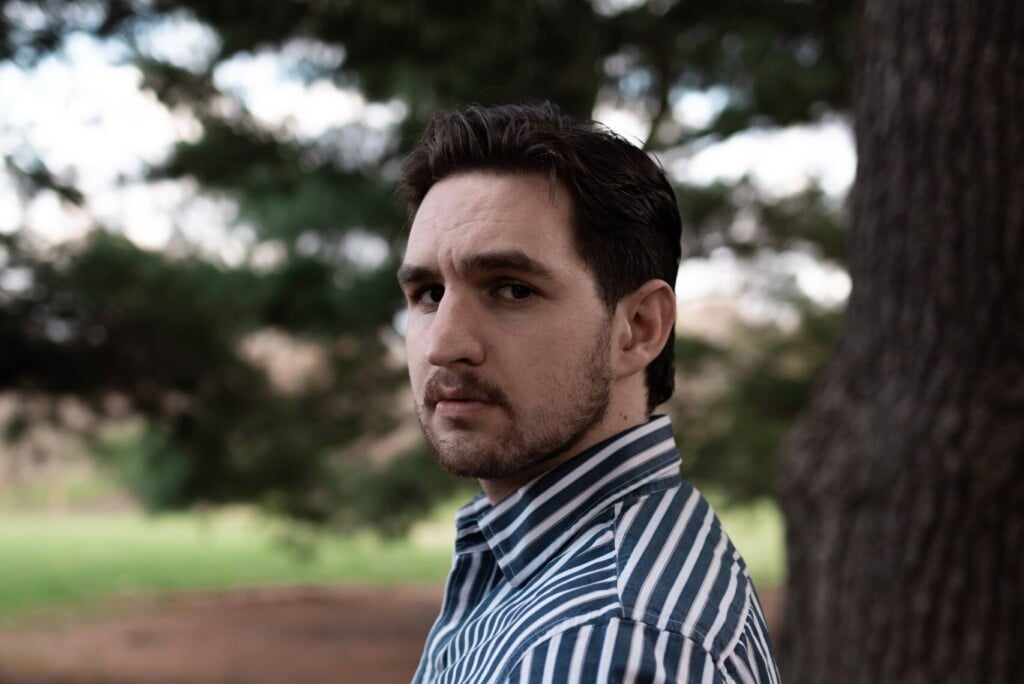Girls Don’t Cry
In addition to the real political drama that culminates with Tuesday’s cliffhanger episode, there’s the staged one that, after nearly a quarter-century, still entrances audiences.
Andrew Lloyd Webber’s and Tim Rice’s Evita came on the heels of its creators’ rock opera, Jesus Christ Superstar. Like its predecessor, Evita had a charismatic, troubled protagonist at its core. The former fed the masses with two loaves and a basket of fish; the latter had that or less to work with. But the scrappy Eva Duarte knew that more than peasantry was in her cards. Once she met Argentina’s president-to-be Juan Peron, no plot was too salacious or bed too uninviting to help turn her vision to reality.
The musical debuted at London’s Prince Edward Theatre in June 1978, with Elaine Page in the title role. It premiered on these shores in Los Angeles, a town not immune to the charms of fame-hungry women from the slums. With Patti Lupone as Evita and Mandy Patinkin as Che Guevara (though there is no evidence that Guevara ever met the Perons), it was the sensation of the 1979-’80 Broadway season.
Alan Parker’s surprisingly not-awful film version took more than a decade to get made. Central to the delay was the question of who got to play the heroine. First the part was Meryl Streep’s, then Michelle Pfeiffer’s, before it became Madonna’s self-determined, God-given right to portray her. Musical theater purists will never concede that it was Madonna’s best performance on screen (other than Truth or Dare) and that Parker, despite some horrible editing, made a grand screen musical in an industry that had lost its touch for what it had invented.
Valerie Perri, who claimed Eva in the show’s first national tour, headlines this one as well, and it will be gratifying to see Evita stripped back to its sturdy skeleton. No cast of thousands, no annoying cut-aways from the balcony of the Casa Rosada during the show’s coup-de-theatre, “Don’t Cry for Me, Argentina.” Just blonde ambition.




